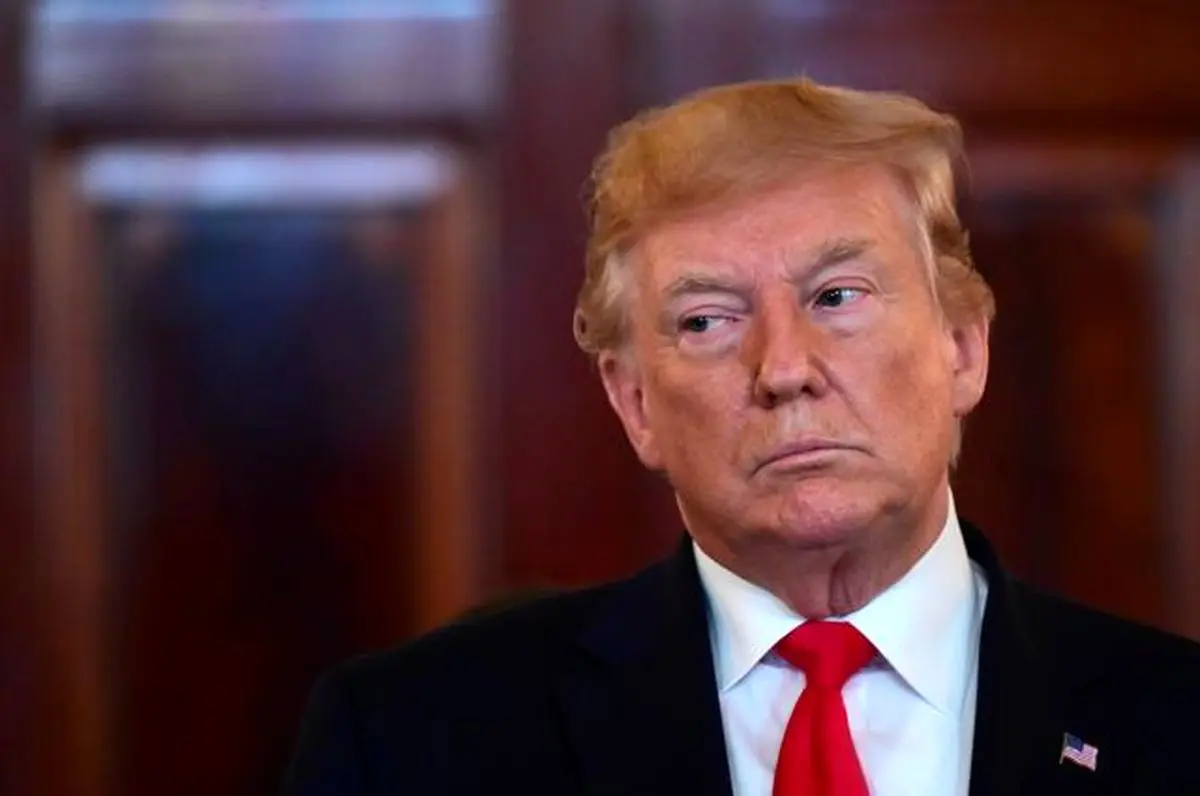House begins Trump impeachment inquiry over call to Ukraine leader

Democrats in the U.S. House of Representatives on Tuesday launched a formal impeachment inquiry into President Donald Trump, accusing him of seeking foreign help to smear Democratic rival Joe Biden ahead of next year’s election.
The inquiry ensures a partisan fight in Congress and on the presidential campaign trail in coming months, energizing the most committed Republican and Democratic supporters and overshadowing the Democratic race for the nomination to face Trump in the November 2020 election.
House Speaker Nancy Pelosi announced the inquiry after a closed-door meeting with Democratic lawmakers, saying Trump’s actions undermined national security and violated the U.S. Constitution.
“The president must be held accountable. No one is above the law,” said Pelosi, who for months had been reluctant to embrace an impeachment effort.
Pelosi’s change of heart followed reports that Trump had pressured Ukrainian President Volodymyr Zelenskiy in a July 25 phone call to investigate Biden, the Democratic presidential front-runner, and his son Hunter, who had worked for a company drilling for gas in Ukraine.
Trump promised on Tuesday to release a transcript of his phone call. He has acknowledged he discussed Biden in the call, but denied he withheld nearly $400 million in U.S. aid to Ukraine as leverage to get Zelenskiy to launch a probe that would damage Biden, who leads opinion polls in the Democratic presidential race.
Pelosi said the six congressional committees currently investigating Trump would continue with their probes as part of the inquiry. Those panels would work collaboratively, and then decide whether the House Judiciary Committee should draft articles of impeachment, House aides said.
“The actions of the Trump presidency revealed a dishonorable fact of the president’s betrayal of his oath of office, betrayal of our national security and betrayal of the integrity of our elections,” Pelosi said.
Congressional allies of Trump accused Pelosi of playing politics with the decision. Republican Senate Majority Leader Mitch McConnell called it “a rush to judgment,” saying it should have waited until after details of the phone call were revealed.
“It simply confirms that House Democrats’ priority is not making life better for the American people, but their nearly three-year-old fixation on impeachment,” he said in a statement.
The impeachment inquiry could eventually lead to Trump’s removal from office, although that would be a steep task for Democrats. Even if the Democratic-controlled House voted to impeach Trump, the Republican-majority Senate would have to take the next step of removing him from office after a trial. A conviction would require a two-thirds Senate majority.
It will be the first impeachment inquiry in Congress since the 1998 probe of President Bill Clinton for perjury and obstruction of justice in relation to his affair with White House intern Monica Lewinsky.
The House voted to impeach Clinton in December 1998, but the Democratic president was acquitted two months later by the Senate and remained in office. The only other president to be impeached, Andrew Johnson in 1868, was also acquitted by the Senate.
END
